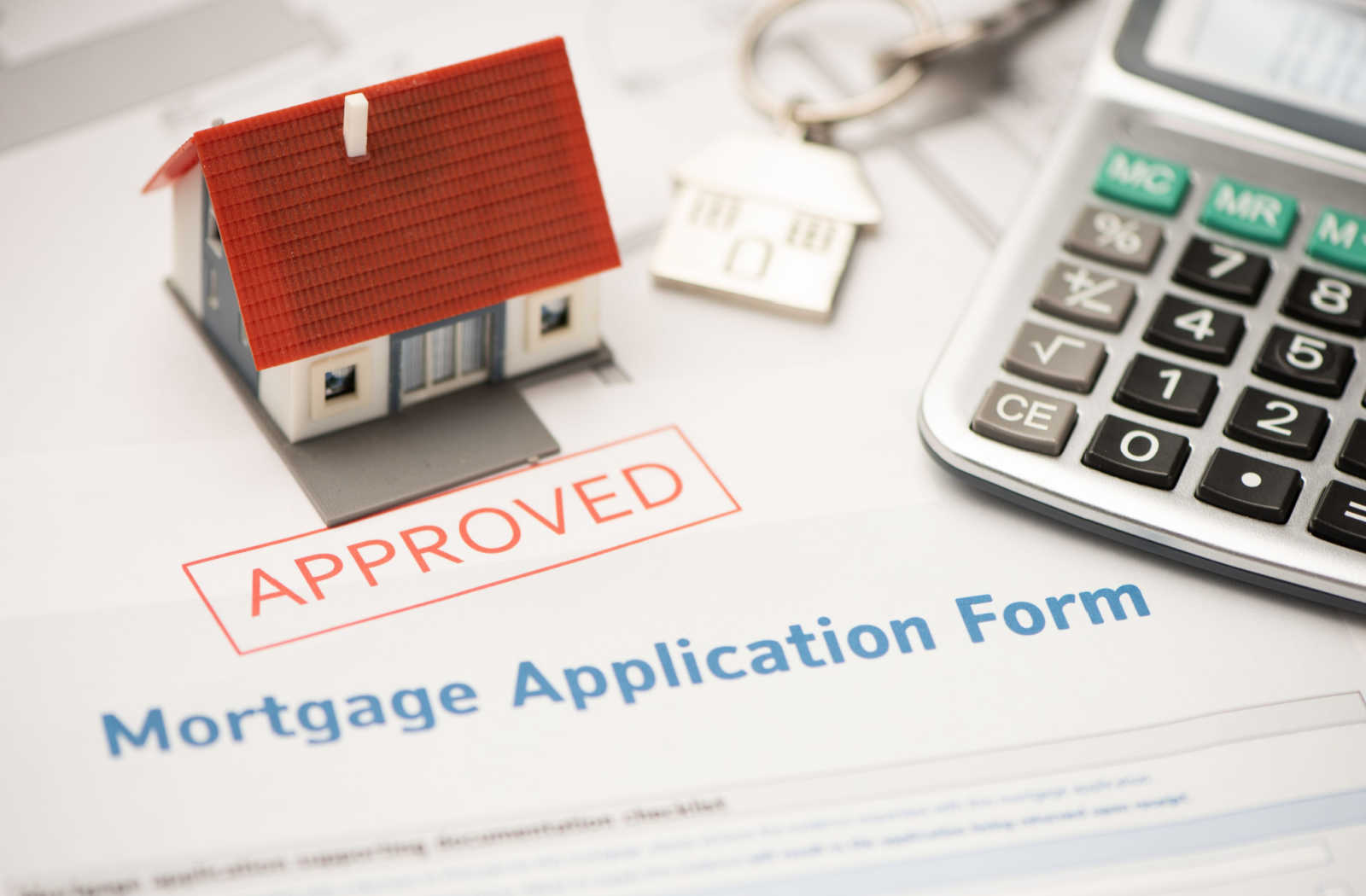Managing Multiple Mortgages
There are many reasons you might consider a second mortgage or multiple mortgages. Whether you have your eye on a vacation property or want to invest in real estate, knowing what’s possible is crucial when managing your finances.
But after a second mortgage, where’s the limit? How many mortgages can you have at once?
What Is a Mortgage?
While there are multiple types of mortgages, generally, a mortgage is a type of loan used to purchase a property. As with any loan, there are regulations put in place by law and lenders. The most basic types are commercial and residential:
- A commercial mortgage is given to businesses looking to purchase commercial property.
- Residential mortgages are the type of mortgage for property primarily for personal, family, or household use—such as houses, condos, or townhouses.
Regardless of the type, you’ll navigate rates, terms, payment schedules, and more when choosing your mortgage. In most cases, the information you’ll need to provide is similar, whether it’s your first or second mortgage.
What Do You Need to Qualify?
Even when applying for the first time, receiving a mortgage is a multi-step process. A mortgage is a loan, so your lender wants to have assurance you can pay them back. The process can get more challenging depending on how many mortgages you have and the type.
For example, getting a second mortgage for a home you live in is very different from mortgaging your fourth rental property. With traditional lenders, the process of mortgaging an additional residential property will be similar to applying for your first home. However, expect more paperwork when investing in a third or fourth vacation or commercial property.
Your mortgage lender (or mortgagee) will require information to provide pre-approval. From verifying your identity to calculating your affordability, your lender will want to get to know you. Some details your lender or mortgage broker will consider may include:
- Creditworthiness: lenders may consider your credit score, previous history of repayments, and other signs of past financial behaviours to determine if you’re suitable to receive a loan.
- Proof of Income: Lenders need to know you’re capable of payment conditions. Tax returns, a statement of assets & liabilities, and employment income may be considered.
- Level of Debt: Similar to proof of income, your lender will assess your debt to determine the risk of approving your loan.
- Intent: Where the property is located and how you intend to use it may be considered. For example, approving a loan is riskier if a residential home is in a flood zone. On the other hand, if you have a real estate business, your lender may assess the success of your other properties or your long-term investment plans.
- Mortgage Insurance: While not always a requirement, the size of your down payment, monthly payments, or property use may necessitate mortgage insurance.

How Many Mortgages Can You Have at Once?
Technically, there is no limit to how many mortgages you can have. When you demonstrate enough wealth or collateral, few limits are imposed on how many mortgages you can have at once. However, some qualifications may cap your total. Generally, traditional lenders will not finance more than 4 properties.
Another consideration is your total debt load. Your total debt service (TDS) ratio, a combination of your total monthly housing plus other debts, should be less than 44% of your gross income.
It’s possible to qualify if your TDS ratio is slightly higher. However, you’re increasing risk, potentially taking on more debt than you can afford.
The Risk of Multiple Mortgages
With many lenders, it’s possible to have 4 mortgages at once. However, what’s generally allowed and what you can manage are separate issues. Your lender may determine you can afford multiple mortgages, but keeping track of payments and finances can be challenging.
Some financial institutions or mortgage companies consider homeowners with multiple properties risky investments. The more properties and mortgages you have, the more likely you’ll encounter mortgage difficulties. They may deny your loan or increase the interest rate.
For example, say your rental properties are located in the same region. Then, there’s a sudden downtown in the area’s real estate value. As a result, all your rental properties are less attractive to potential renters.
Consider another scenario: You have multiple residential properties in the same flood zone. When the area experiences flooding, it can lower home values—even if only one of your homes is directly affected.
Benefits of Multiple Mortgages
The benefits of having more than a mortgage depend on whether it’s a residential or commercial property. For rental properties, you may generate more income, build a brand, or enjoy tax benefits.
Homeowners with multiple mortgages may benefit from:
- A Higher Loan Amount: second mortgages are secured by your first home, which increases your collateral; therefore, you may have access to a higher loan amount.
- Lower Interest Rates: generally, a second mortgage offers a lower interest rate; however, if the property in question has additional risks, or it’s your third or fourth mortgage, the rate may increase.
Working with a mortgage broker can help you determine what’s appropriate for your property goals.
Is Another Mortgage Right for You?
There are risks and benefits to mortgaging multiple properties, whether you’re a commercial or residential mortgagor. Navigating the ins and outs of mortgages can be challenging, but we’re here to help. Find out what’s possible so you can focus on your future. Contact us today to book a consultation at Mortgage Connection!





2 thoughts on “How Many Mortgages Can You Have at Once?”
Comments are closed.